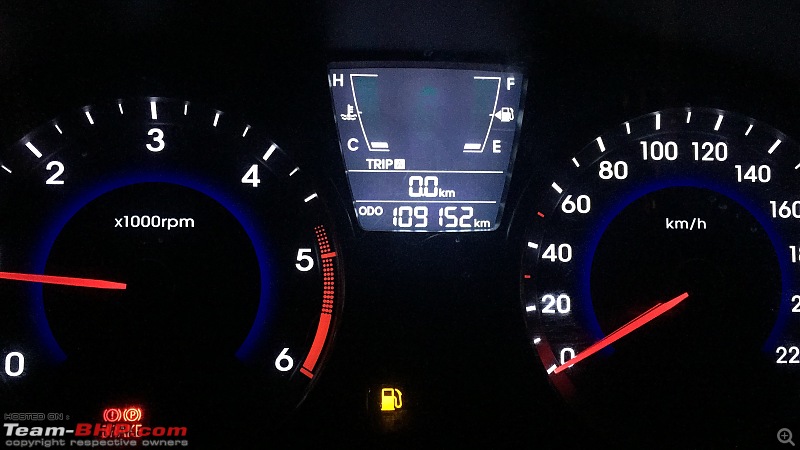| | #16 |
| Team-BHP Support  Join Date: Apr 2013 Location: Madras
Posts: 7,174
Thanked: 20,219 Times
| |
| |  (12)
Thanks (12)
Thanks
|
| |
| | #17 |
| Distinguished - BHPian  Join Date: Apr 2007 Location: Pune
Posts: 3,054
Thanked: 3,309 Times
| |
| |  (2)
Thanks (2)
Thanks
|
| | #18 |
| BHPian Join Date: Dec 2016 Location: BANGALORE
Posts: 297
Thanked: 1,270 Times
| |
| |  (2)
Thanks (2)
Thanks
|
| | #19 |
| Senior - BHPian | |
| |  (4)
Thanks (4)
Thanks
|
| | #20 |
| Distinguished - BHPian  | |
| |  (14)
Thanks (14)
Thanks
|
| | #21 |
| BHPian Join Date: Mar 2008 Location: Bangalore
Posts: 181
Thanked: 50 Times
| |
| |  (13)
Thanks (13)
Thanks
|
| | #22 |
| BHPian Join Date: Dec 2017 Location: Hyderabad
Posts: 95
Thanked: 162 Times
| |
| |  (3)
Thanks (3)
Thanks
|
| | #23 |
| BHPian Join Date: Aug 2014 Location: KA05,KA31,KA47
Posts: 581
Thanked: 1,779 Times
| |
| |  (9)
Thanks (9)
Thanks
|
| | #24 |
| BHPian Join Date: Mar 2015 Location: Pune / Thane
Posts: 42
Thanked: 25 Times
| |
| |  (5)
Thanks (5)
Thanks
|
| | #25 |
| Senior - BHPian Join Date: Dec 2006 Location: pune
Posts: 2,377
Thanked: 2,562 Times
| |
| |  (4)
Thanks (4)
Thanks
|
| | #26 |
| BHPian | |
| |  (6)
Thanks (6)
Thanks
|
| |
| | #27 |
| Senior - BHPian Join Date: Apr 2011 Location: na
Posts: 1,015
Thanked: 1,354 Times
| |
| |  (12)
Thanks (12)
Thanks
|
| | #28 |
| Senior - BHPian Join Date: Sep 2009 Location: Hyderabad
Posts: 1,045
Thanked: 458 Times
| |
| |  (4)
Thanks (4)
Thanks
|
| | #29 |
| BHPian Join Date: Jun 2011 Location: Mysore, Karnataka
Posts: 29
Thanked: 11 Times
| |
| |  (1)
Thanks (1)
Thanks
|
| | #30 |
| BHPian Join Date: Jan 2017 Location: -
Posts: 822
Thanked: 2,367 Times
| |
| |  (1)
Thanks (1)
Thanks
|
 |
Most Viewed






 Now done over 1.15lac kms.
Now done over 1.15lac kms.